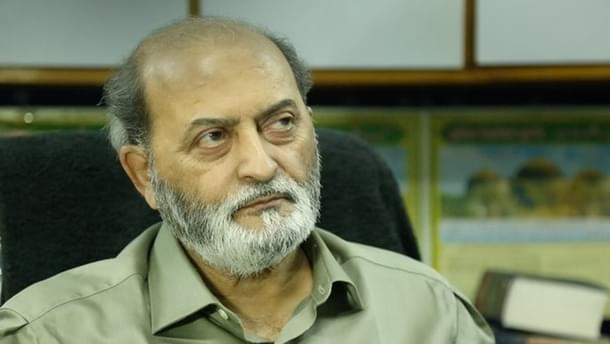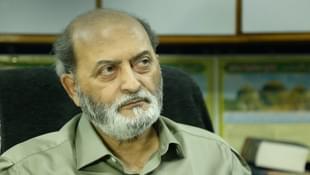Insta
After SC Dumps Review Petitions In Ayodhya Verdict, Muslim Litigants Mulling Curative Petition As Last Judicial Resort
Swarajya Staff
Dec 15, 2019, 03:39 PM | Updated 03:39 PM IST
Save & read from anywhere!
Bookmark stories for easy access on any device or the Swarajya app.


The Muslim litigants in the Ram Janmabhoomi-Babri Masjid title case are now mulling a proposal to file a curative petition following the rejection of their review petition on the judgement by the Supreme Court.
The curative petition is the last judicial resort available for redressal of grievances in court which is normally decided by judges in-chamber. It is only in rare cases that such petitions are given an open-court hearing.
An independent litigant in the case, Jamiat Ulama-e-Hind (JuH), will soon be convening a meeting to take a call on this. The All India Babri Masjid Action Committee (AIBMAC) is also discussing the possibility of a curative petition.
AIBMAC convener and counsel in the Ram Janmabhoomi-Babri Masjid title case Zafaryab Jilani said, "I am trying to find out a ground for filing a curative plea in Supreme Court. We will also be consulting senior counsel Rajeev Dhawan and if there is even a slight possibility, All India Muslim Personal Law Board (AIMPLB) will be approached."
He said it was unfortunate that the court did not even consider hearing their petitions.
"We were hopeful that we would also be heard like in the Sabarimala case where review petitions were taken up. There is no deadline for filing a curative petition, but it would take at least a month of research," he stated.
Meanwhile, Jamiat Ulama-e-Hind's legal cell secretary Ghulam Ahmad Azmi said: "The curative plea is an extraordinary remedy provided by Supreme Court. If the process of natural justice has not been accorded or an order has shaken public confidence in the judiciary, a curative plea can be filed on these grounds. We are looking into the finer points."
Earlier on Thursday, The Supreme Court had dismissed all the review petitions filed against its verdict in Ayodhya Ram Janmabhoomi case.
The SC, in its 9 November Judgment in Ramjanmabhoomi case, had held that the Hindu parties have better claim of possessory title over the land, and had allowed the construction of a temple in the entire area of 2.77 acres, under the supervision of a trust created by Central government.
(With inputs from IANS)





